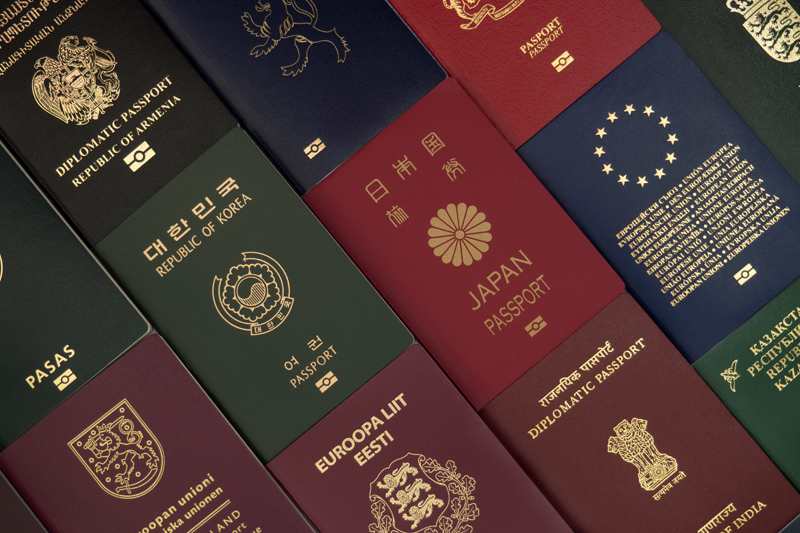Summary: A legal grey area allows the police to keep people’s belongings after an arrest, a recent lawsuit alleges.
Can American police steal your stuff after an arrest? The Atlantic explored a New York class action lawsuit filed earlier this year in which three plaintiffs claimed the police seized their property after their arrests and gave them the runaround when they attempted to collect their stuff.
The Bronx Defenders filed the lawsuit that named Kenneth Clavasquin, 23, and two other men as plaintiffs against New York City. All three said that after they were arrested, they attempted to collect their possessions but were repeatedly ignored or denied. The lawsuit claims that the city has an unconstitutional pattern of taking people’s property after an arrest without due process.
Clavasquin was arrested last summer, and his case was dismissed on December 8, 2015. The cops kept his iPhone and other items, and when he tried to get his things back, the 23-year-old encountered what The Atlantic said was a “bureaucratic obstacle course.”
“When their property was classified as evidence after their arrest, slow-moving bureaucracy and red tape turned what should be a routine transaction—getting back personal property after the state no longer has any use for it—into a near-impossibility,” The Atlantic said.
After an arrest, the government is legally allowed to seize property related to the crime or cash earned unlawfully in a process called criminal forfeiture. They are also allowed to seize property in a civil forfeiture, which does not require a criminal charge but only a suspicion of property’s involvement in a crime. However, this class action does not involve either process.
Adam Shoop, a Bronx Defenders lawyer, said that the most reliable way for a person to retrieve their things is to file an administrative appeal; but most non-lawyers wouldn’t know how to do this. He said that even if someone were to get to the next level and get a response, the next hurdle is to go to the NYPD property clerk, who requires two forms of ID before he or she will release property. However, for people whose wallets have been seized, getting two forms of identification is near impossible, especially because the clerk will not consider a seized ID as valid.
In New York, after a criminal case is over, the property owner has 120 days before the NYPD is allowed to dispose of the property. But in the case of Clavasquin and possible thousands of other people, those 120 days fly by when their requests are ignored or blocked by confusing administrative processes.
The problem in New York, however, is indicative of a national one, Dick Carpenter of the Institute of Justice said. He stated that the prevalence of civil forfeiture and the heavy bureaucracy around it is worse in large cities, but that every state has laws that are unfriendly to property owners who were arrested. For instance, in a study about police processes by state 24 states got a D- and Massachusetts and North Dakota got Fs.
“To me it feels like legal robbery, like a shake down,” James King, an attorney at the Public Defender Service for the District of Columbia, said. “If our clients were doing what the police are doing, it’d be called robbery, and they’d be charged or indicted within a day or two.”
What do you think of civil forfeiture and what happened to Clavasquin? Let us know in the comments below.
Source: The Atlantic
Photo courtesy of BBC













































